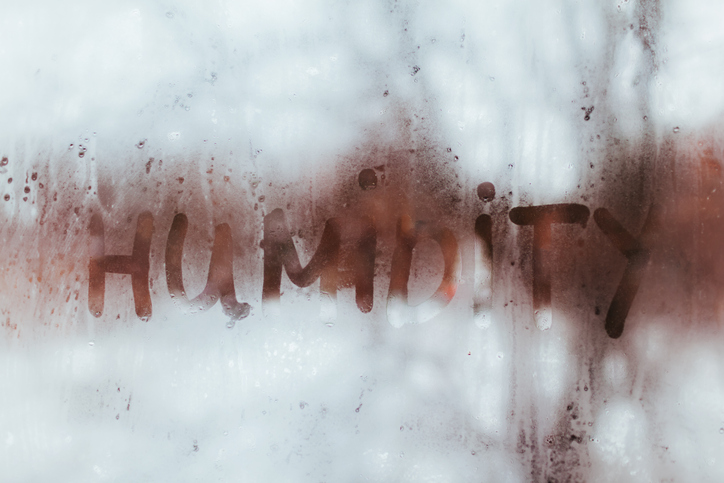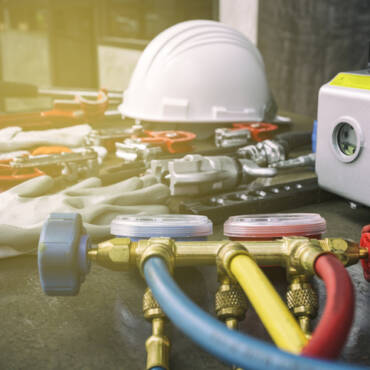“It’s not the heat, it’s the humidity” said every Mid-Westerner ever. We know we suffer on days when meteorologists tell us humidity is high, but what really is humidity and why are we so much more miserable on days when it rises? We here at Maertin Heating and Cooling are here to explain.
Humidity, put simply, is a measure of water vapor content in the air, and part of this is determined by how long it takes for water or sweat to evaporate. If you’ve ever been for a walk or (good for you) a run while humidity levels were high, you probably noticed that your sweat clung to your body and clothes for much longer than normal, which is not helpful when stepping outside feels as though you’ve walked into an armpit.
Humidity makes hotter days feel more uncomfortable because sweating, and having the sweat evaporate, is how the human body cools itself. That sticky feeling is your body’s inability to regulate its temperature and not really from the air being heavier. In actuality, humid air is less dense than dry air. Water molecules, which are lighter than nitrogen and oxygen, push out those elements. This is why it becomes more difficult to breathe on humid days- the air has less oxygen in it.
Relative humidity is a term you’ve heard on weather reports. Relative humidity tells us how many water molecules are in the air currently, as opposed to how many could be present if we were saturated or completely under water.
While we may prefer the feeling of a “dry heat”, there are some dangers to note. When the air feels less oppressive, we might stay outside for longer, run an extra mile, or hike a little further. In a dry heat, we lose more water more quickly because sweat evaporates from our skin more quickly. So while you can still make the most of days with lower humidity, remember to stay hydrated!
If a dry heat isn’t the ideal, what does that mean for heating and air conditioning? Think about the beginning of winter and summer, when we turn on the heat or air for the first time and experience dryness in our noses and throats. A simple solution we recommend is to purchase a humidifier. Many studies found fewer respiratory infections when families use humidifiers were both during the winter when the heat is on and in the summer when air conditioning was running.
Several studies show that when using a humidifier, people with allergies report fewer symptoms and infections. A few notes of caution: Unclean humidifiers can grow allergens rapidly. Be sure your humidifier is clean and sterilized regularly, and frequently change the water in the humidifier. Don’t set your humidifier too high, as mites, the most common cause of household allergies, are more prevalent in overly humidified houses.
“Yes, but it’s a dry heat” may be more comfortable, but it’s really not good for our health or our homes. When your air conditioner isn’t keeping you cool enough, if you’re not sure where to set your humidifier, or if your home needs one, call Maertin Heating and Cooling at 708-479-9350 for a consultation. We’re always happy to help keep your family comfortable.





Add Comment